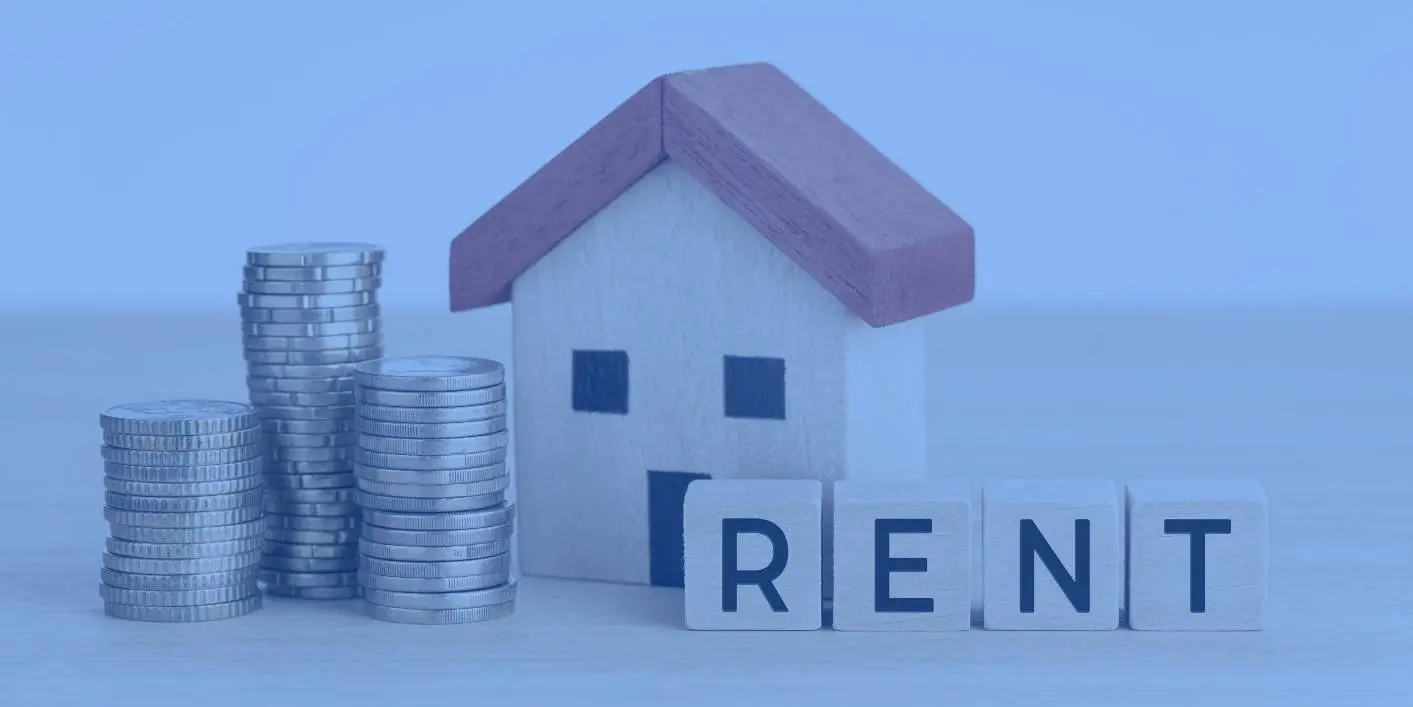The rules about heating account and water account can be complicated if you are not familiar with the rent act. Therefore, we will give you all the relevant information about it.
What is heating account and water account
Typically, water and heating are paid through the landlord. Electricity is not included in this article because it is normally paid directly to the utility company. When water and heating are paid to the landlord as an addition to the rent, the landlord has to sent a statement of the account.
How is it settled?
Often the landlord supplies both heating and water for the tenancy. The expenses incurred by the landlord may be reimbursed. The payment can either be included in the rent or be a supplementary payment on account payments.
When you pay on account, an amount corresponding to the expected consumption is paid. When the account is assessed the amount can be rectified. You either have to pay the difference between the amount of your actual consumption and the paid amount or you have to get money back because you paid too much.
The landlord must compose an individual consumption account at least once a year. This means that you as a tenant are entitled to have an account composed for each type of consumption. You need a separate water account and heating account.
When will I receive the account?
Furnace
The consumption accounts must be received no later than four months after the end of the financial year.
Natural gas and district heating
The consumption accounts must be received no later than three months after the landlord received the settlements of accounts from the utility company.
There is still a deadline of four months after the end of the financial year. If the accounts are received after the four months after the end of the financial year, the date of the landlord’s receipt of the statement of final accounts from the supply facility must be stated.
The deadlines for receipt of heat bills and water bills cannot be extended by agreement.
If these deadlines are not met, the effect is that the consumption accounts are invalid. As a result, the landlord may lose his right to charge for consumption.
You may also like: 5 things to remember about consumption in Denmark
Why should you get help from DIGURA?
Every month, we help thousands of tenants both via our membership solution and our case processing. When we process the cases, we achieve a positive result for the tenants in 98% of the cases. We are here to help you who are potentially being deceived by your landlord, and you who actually want to keep the money you are entitled to.
- Free assessment of case
- Risk free and no hassle
- No Cure No Pay
Heating account
The heat account is a statement of the consumption of heat.
The financial year for heating generally starts on 1 June and ends on 31 May.
Another financial year can be agreed between landlord and tenant. The landlord has the opportunity to decide that the accounts in the future must be closed on another date. This requires a written notice of 6 weeks.
At the transition to a new accounting period, the financial year may not exceed 18 months.
Statement of the heating account
A heating account must be calculated by allocating expenses either by heat distribution meters or by gross floor area or volume (the size of the tenancy).
If there are no meters in the tenancy and you live in a property with several tenants who have the same landlord, you can force the landlord to set op meters for each tenancy if the majority wishes. In that way you can distribute the bill according to your consumption. Heat meters, cubic meters or evaporation meters (radiators) must be installed to calculate the consumption.
If the heat account has been made from a meter, the landlord can not choose to return to the m² distribution. There will often be a part of the consumption that is measured by m² and a part that is measured by a consumption meter. This option is legal, but there is a requirement that at least 40% is distributed according to consumption meters.
As a rule, the cost of energy consumption may only be included in the accounting period. For deliveries from public utilities, however, the landlord must include the total cost.
Sometimes there is inspection and maintenance of the heating systems due the law about energy savings in buildings. The costs in these cases can be included in the final account. There are also costs for energy labeling.
What should a heating account contain?
The account must be written and include the following points:
- The entire heating costs of the building
- The tenant’s part of the total cost
- Information about the possible to object up to six weeks after receiving the account
Water account
The water account is a statement of water consumption.
The financial year for water always follows the utility of the municipality. The account must be written and cover the agreed accounting period (the financial year).
Statement of water account
Payment for the cost of water can only be charged when there are individual consumption meters.
When calculating the water accounts, all expenses relating to the water supply during the accounting period are included. This includes water and drainage charge.
What should a water account contain?
- The entire water cost of the building
- The tenant’s part of the total cost
- Information about the possible to object up to six weeks after receiving the account
If it is from a public utility facility, a date for the landlord’s receipt of the accounts must also be stated.
Haven't you received the account?
If you not receive an account within six months after the end of the accounting period, you can stop paying on account until you receive an account.
Do you not agree with the account?
As mentioned above, you can object the consumption account for up to six weeks after you received it. You can object the heating account, the water account or both.
It is always a good idea to note the date you received the account.
In the objection you must write why you can’t approve the account. Examples could be total amount of expense is too high, that the distribution between the tenancies is not acceptable or that the on-account amount was not correct.
You must send the objection to your landlord or administrator in writing. You have to make sure that you sent it within the deadline of six weeks.
If you live in a property with resident representation, they can make an objection on behalf of all tenants.
You may also like: A conto: Everything you need to know as a tenant in Denmark
The settlement of accounts
If you paid too little on account, the post-payment may be required on the first rent payment after one month after you received the account. If the post-payment is bigger than three months’ rent, you are entitled to repay it over three months.
If you paid to much on account, the difference must be repaid to you or deducted the first rent payment after the account has been issued.
Get legal advice and avoid being deceived
The topic about heating account and water account can be very complicated as a tenant. The above is to be seen as a general guidance and not as downright legal advice. We always recommend that you contact us to ensure that you get the proper necessary legal advice that is relevant for your specific case.
You can get help with heating account and water account but also any other matters you may have. Unfortunately, we see many tenants that are being deceived. Often, they miss out on a lot of money – anything from a couple thousands to 30-40,000 kroner. Imagine what else you could spend the money on.
Let us help you
At DIGURA we are always available and easy to reach, you have your own legal advisor, and best of all you only pay if we win your case. Therefore, it is risk free for you to get help from us.
We have achieved a positive result for tenants in 98% of all the cases that we have processed. We have a 9,3 score on Trustpilot, 5 star rating on Facebook, and we have helped more than 1000 tenants. We really want to help you too.
If you are unsure about anything in the article, our team is ready to help in the chat. You can find the chat in the bottom right corner.
If you need legal advice, you can get your case assessed below. It is free and our competent legal team will make a non-committal assessment of your case.











